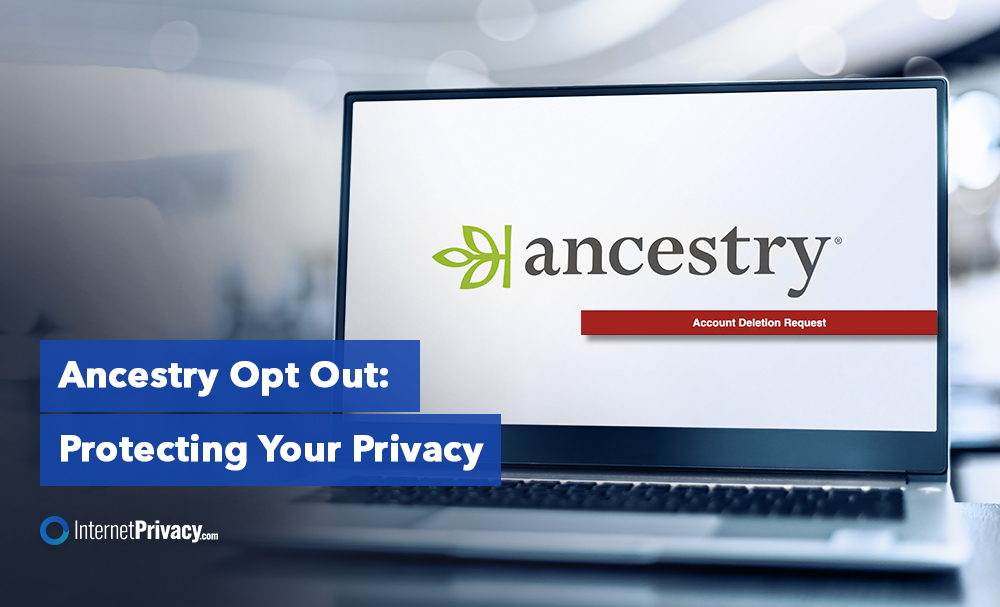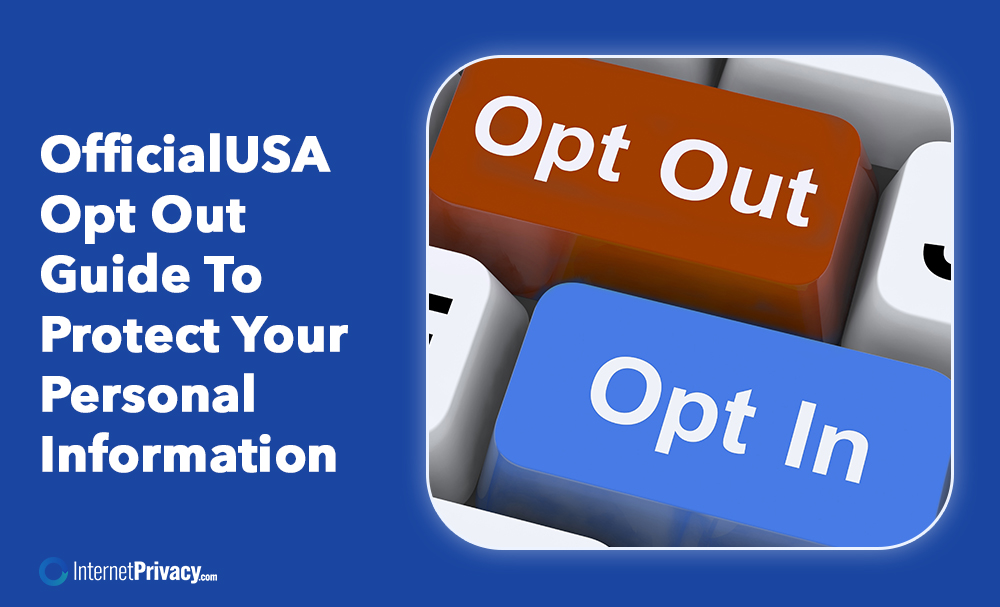Ancestry Opt-Out: Protecting Your Privacy

Ancestry Opt-Out is critical to protecting your privacy and personal information in the digital age. Understanding and implementing Ancestry Opt-Out allows you to maintain control over your genetic data and minimize potential privacy concerns.
Ancestry Opt Out refers to opting out of sharing your personal and genetic information with Ancestry, a popular genealogy and DNA testing company. This means you can request to limit or revoke their access to your data, ensuring your information is not used or shared without your consent.
The Importance of Ancestry Opt-Out
The Importance of Ancestry Opt Out cannot be overstated. It allows you to maintain control over your personal information, protecting it from unauthorized access and potential misuse. By opting out, you can safeguard your genetic data, which contains sensitive information about your health, ancestry, and family history.
To opt out of Ancestry, follow these steps:
- Visit the Ancestry website.
- Log into your Ancestry account.
- Navigate to the Privacy Settings section.
- Select the Opt Out preferences that align with your privacy concerns.
By opting out of Ancestry, you can reap several benefits. You protect your personal information from being accessed and potentially exploited by unauthorized parties. Opting out ensures that you maintain control over your genetic data, preventing it from being used for purposes you disagree with. Opting out minimizes the risk of your information being involved in data breaches, safeguarding your privacy and reducing the chances of identity theft.
There are also privacy concerns associated with Ancestry that make opting out a prudent choice. Unauthorized access to genetic information can lead to privacy breaches and compromise the confidentiality of your details. The use of genetic information for discrimination purposes, such as in employment or insurance decisions, is an ongoing concern. The sale or sharing of genetic data with third parties raises ethical questions and risks your privacy.
By understanding Ancestry Opt Out, following the necessary steps to confirm your opt-out, and being aware of the potential privacy concerns, you can take proactive measures to protect your privacy and ensure the security of your personal information.
Understanding Ancestry Opt-Out
To protect your privacy, it’s crucial to understand ancestry opt-out. This option allows you to decide if your personal information should be used for research or shared with third parties. Opting out ensures your data is not used in ways you disagree with. Carefully review your chosen ancestry service’s terms and conditions and understand the available opt-out options. By understanding ancestry opt-out, you gain greater control over your personal information and safeguard your privacy.
What is Ancestry Opt Out?
Ancestry Opt Out allows individuals to remove their personal and genetic information from the Ancestry platform. Individuals can protect their privacy and control their family tree genetic data by opting out. To understand What is Ancestry Opt Out and how to utilize it, follow these steps:
- Visit the Ancestry website.
- Log into your Ancestry account.
- Go to the Privacy Settings.
- Select the Opt Out preferences.
Opting out of Ancestry offers multiple benefits. It protects personal information from unauthorized access. It allows individuals to control their genetic data and prevent its use without consent. Opting out reduces the risk of data breaches and the possibility of sensitive information falling into the wrong hands.
Ancestry presents privacy concerns. Unauthorized access to genetic information poses a risk, as it can reveal sensitive details about health and ancestry. There is also concern about the potential discrimination resulting from genetic information. Selling or sharing genetic data with third parties compromises privacy and can lead to unintended consequences.
Understanding Ancestry Opt-Out is crucial for individuals to make informed decisions about protecting their privacy and genetic information. Familiarize yourself with the process and take the necessary steps to safeguard your private data.
Why is Ancestry Opt Out Important?
Ancestry opt-out is necessary for several reasons. It enables you to protect your personal information from unauthorized access. By opting out, you can ensure that your genetic data remains private and secure, maintaining complete control over your information and preventing unauthorized use.
Opting out of Ancestry helps minimize the risks of data breaches. Keeping your genetic data private reduces the chances of it being misused or exploited if it falls into the wrong hands. Data breaches can lead to serious consequences, such as identity theft or discrimination based on genetic information.
Ancestry opt-out is important because it prevents genetic data from being sold or shared with third parties. Some companies may profit by selling genetic information to marketers, insurance companies, or other organizations. By opting out, you can ensure that your data remains confidential and is not used without your agreement.
To protect your privacy, opting out of Ancestry and taking control of your genetic information is crucial. Regularly reviewing and updating your privacy settings is recommended to ensure that your preferences are current and aligned with your privacy needs.
How to Opt Out of Ancestry?
Opting out of Ancestry is crucial in taking control of your privacy. In this section, we’ll explore how to navigate the process smoothly. From visiting the Ancestry website to adjusting your privacy settings, we’ll provide a step-by-step guide to help you effortlessly opt-out. Don’t miss out on the opportunity to safeguard your personal information – let’s get started on reclaiming your privacy!
Visit the Ancestry Website
To opt out of Ancestry, follow these steps:
- Visit the Ancestry website.
- Log into your Ancestry account.
- Navigate to Privacy Settings.
- Navigate to Ancestry Opt-Out: Protecting Your Privacy.
- Select Opt Out Preferences.
Visiting the Ancestry website allows you to control your personal information and genetic data. Opting out of Ancestry is important to protect your privacy and reduce the risk of data breaches. Unauthorized access to genetic information and discrimination based on genetics are potential privacy concerns that can be avoided by opting out. Review and adjust your privacy settings according to your preferences.
When visiting the Ancestry website, thoroughly explore and familiarize yourself with the available options and privacy settings. This will help you make informed decisions to protect your personal information. By taking these steps, you maintain control of your genetic data and minimize potential risks of sharing your information.
So, take the necessary steps to opt out of Ancestry and safeguard your privacy today.





